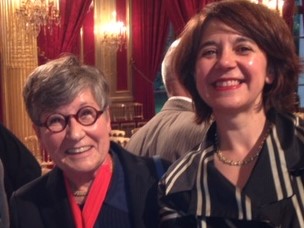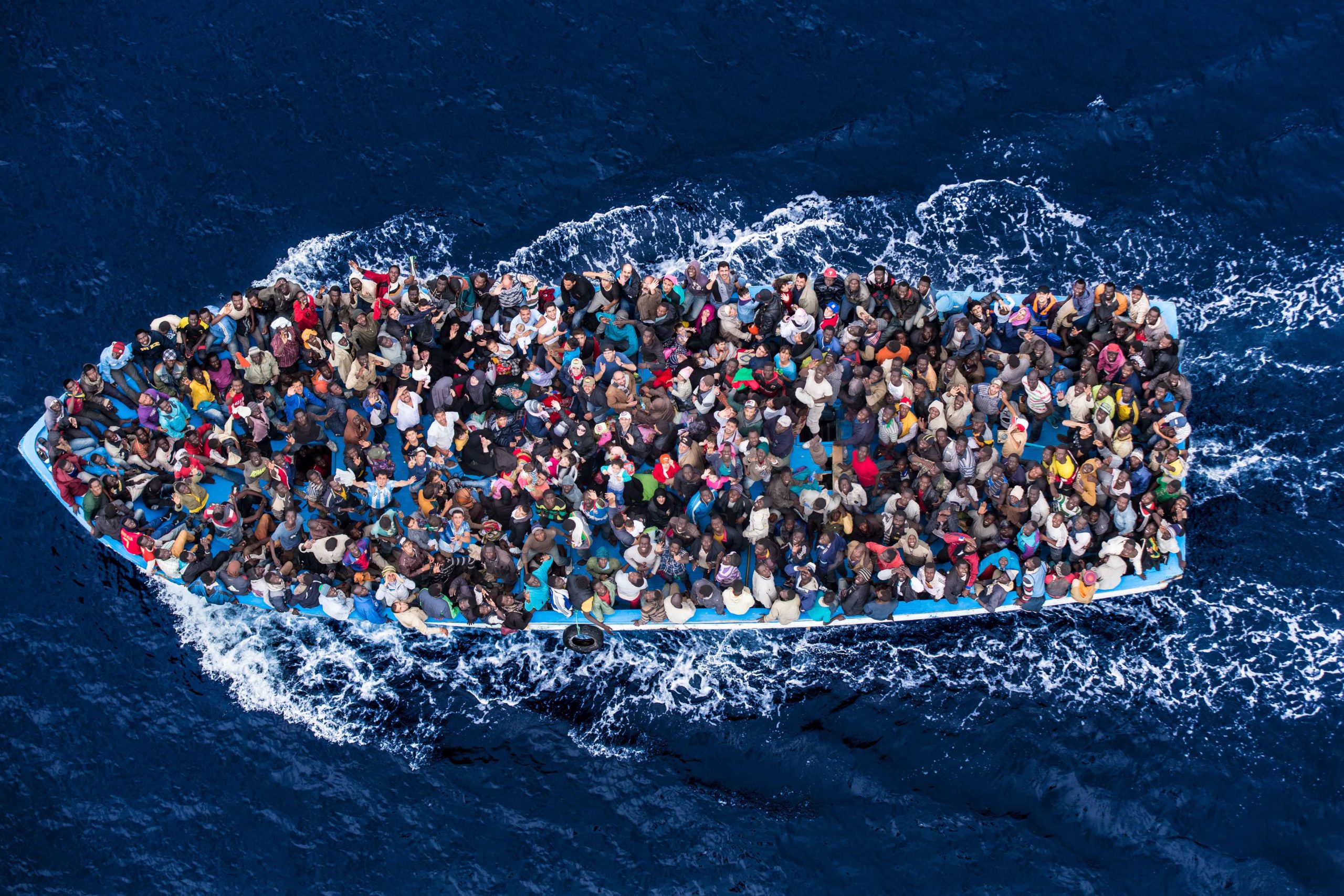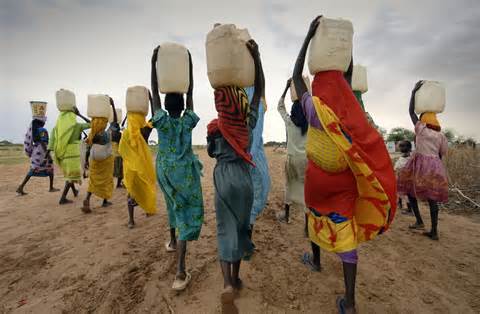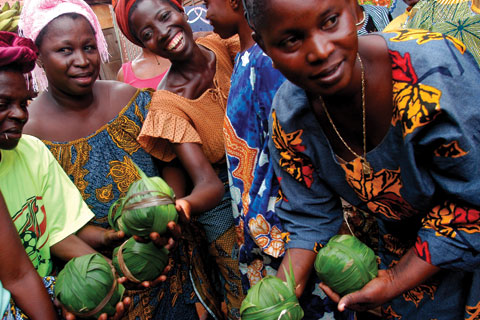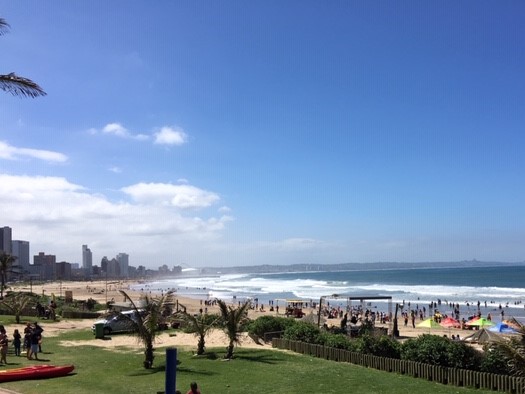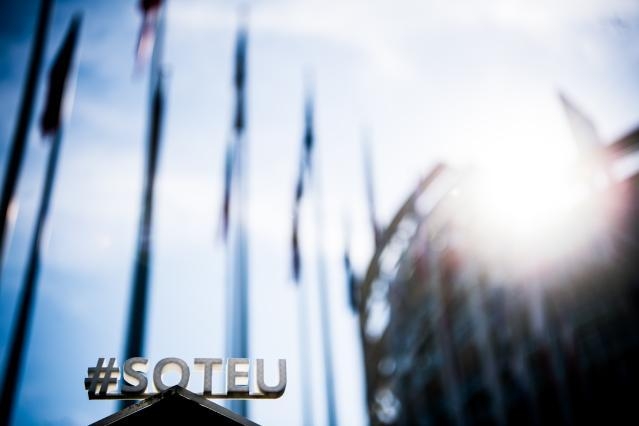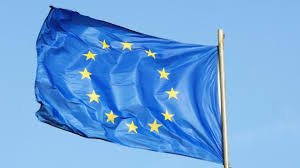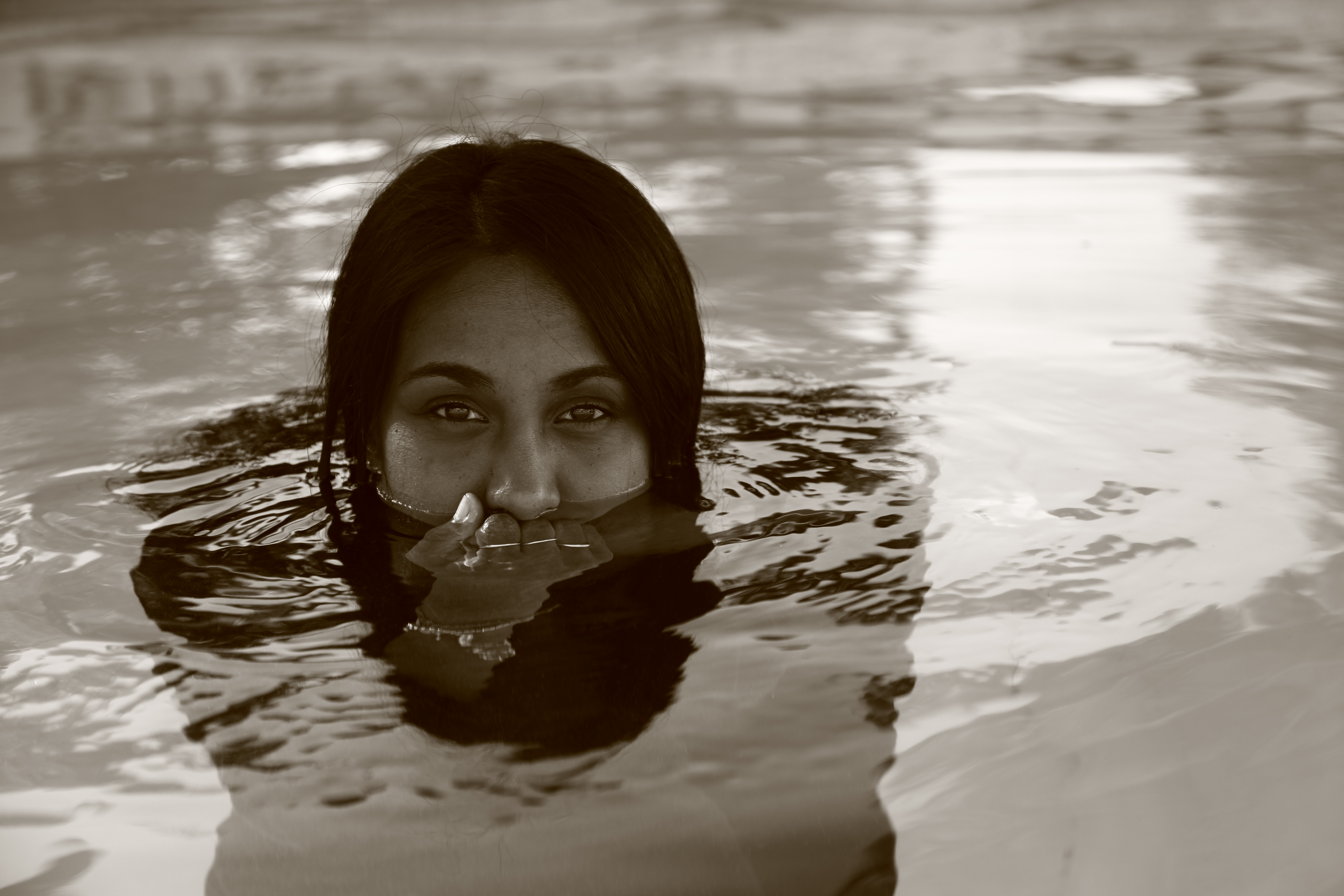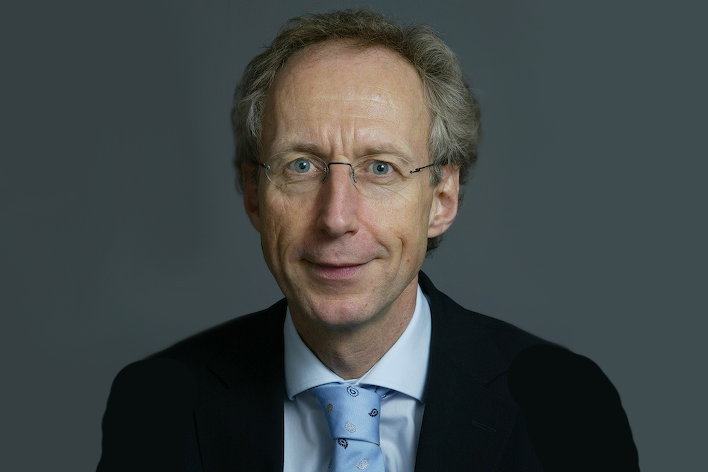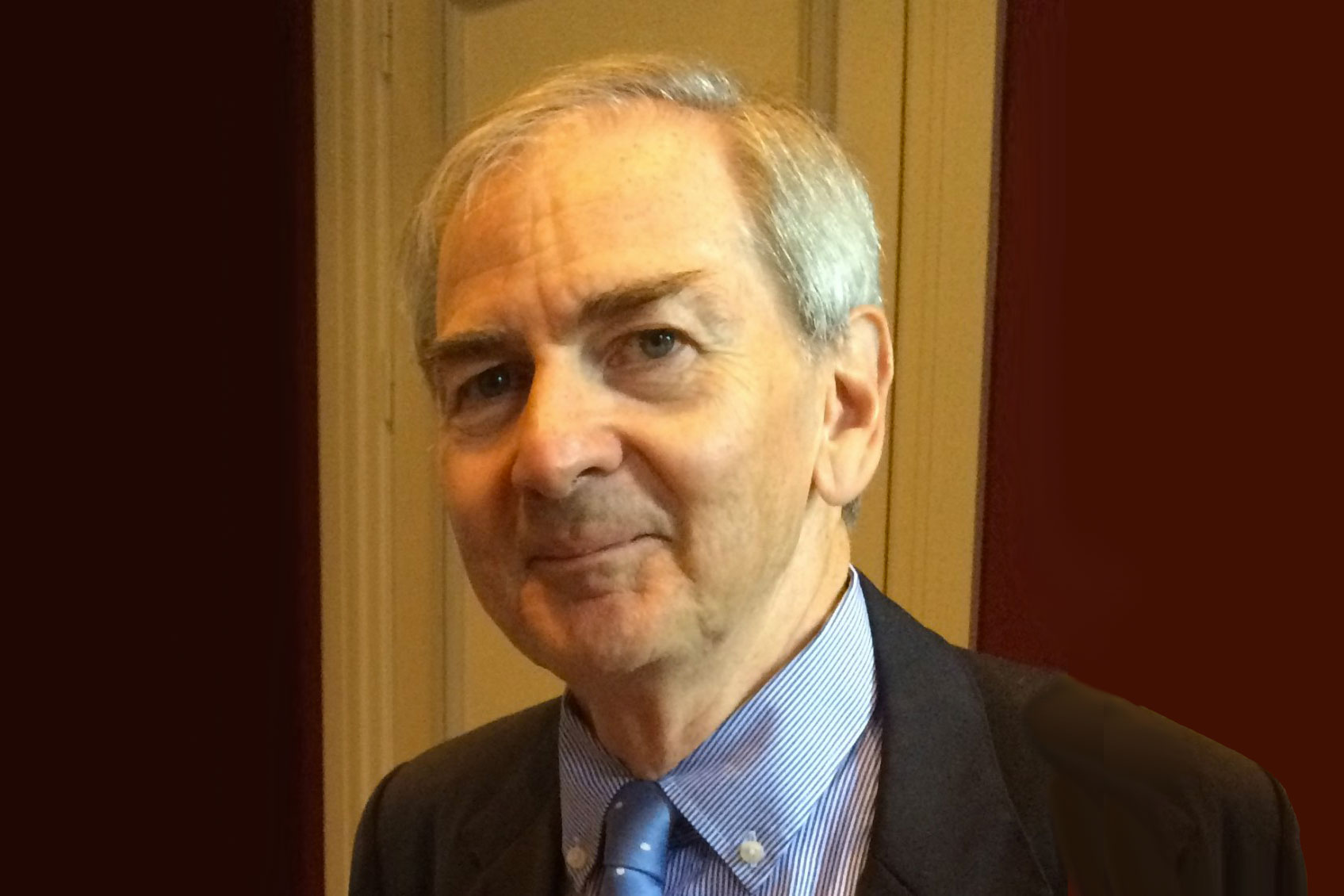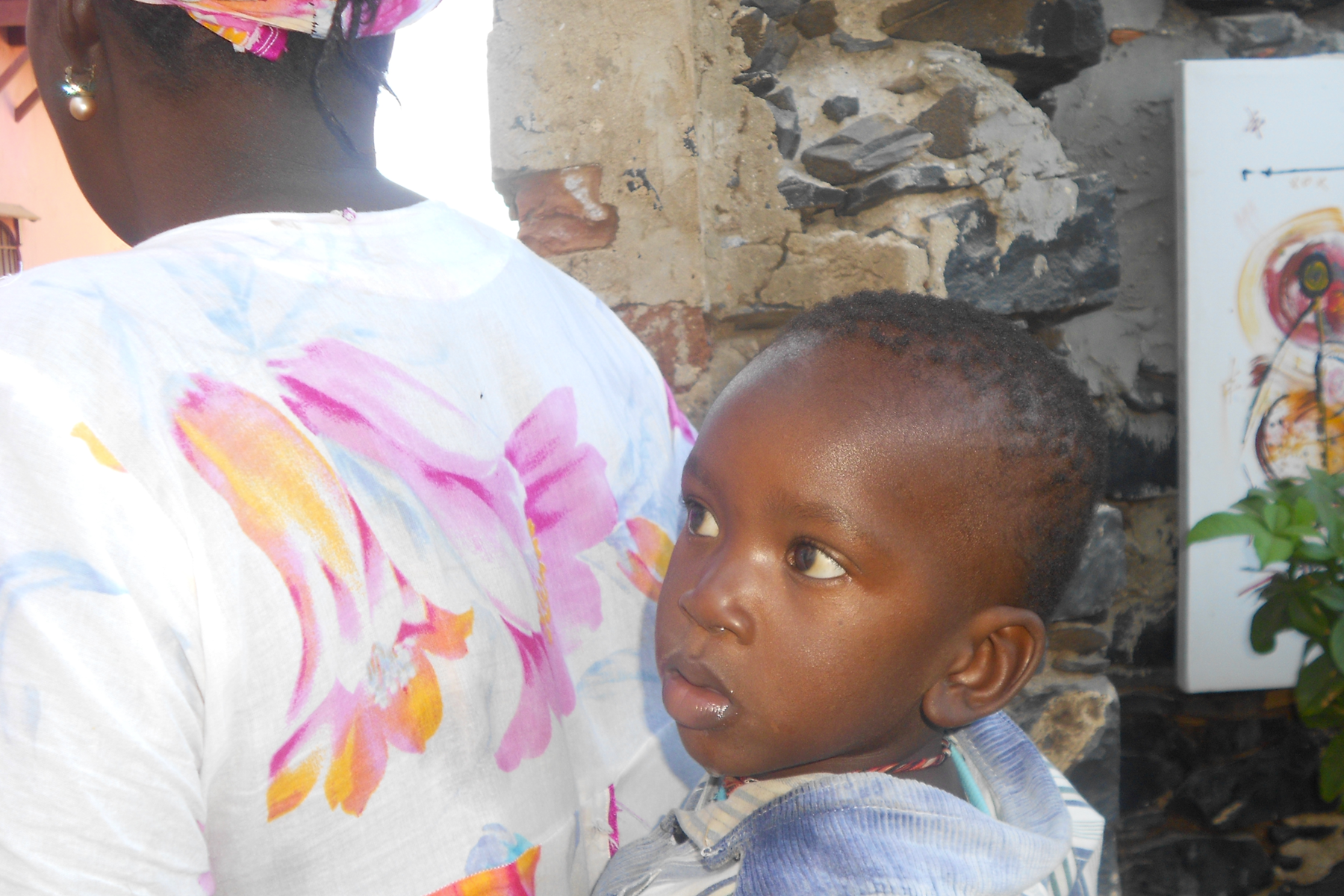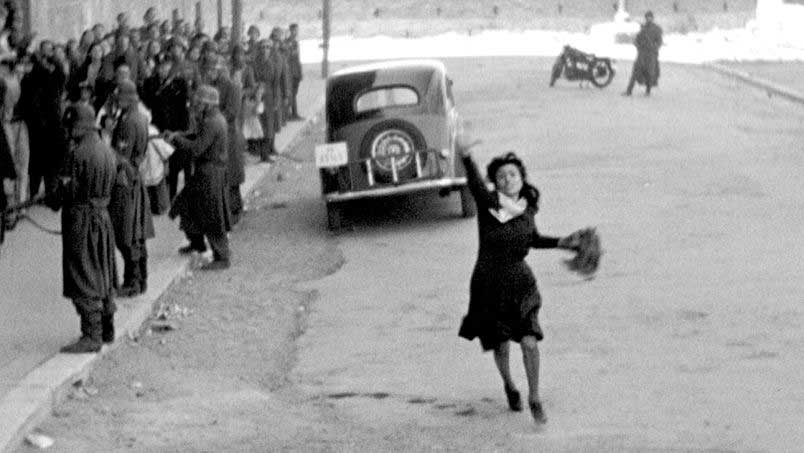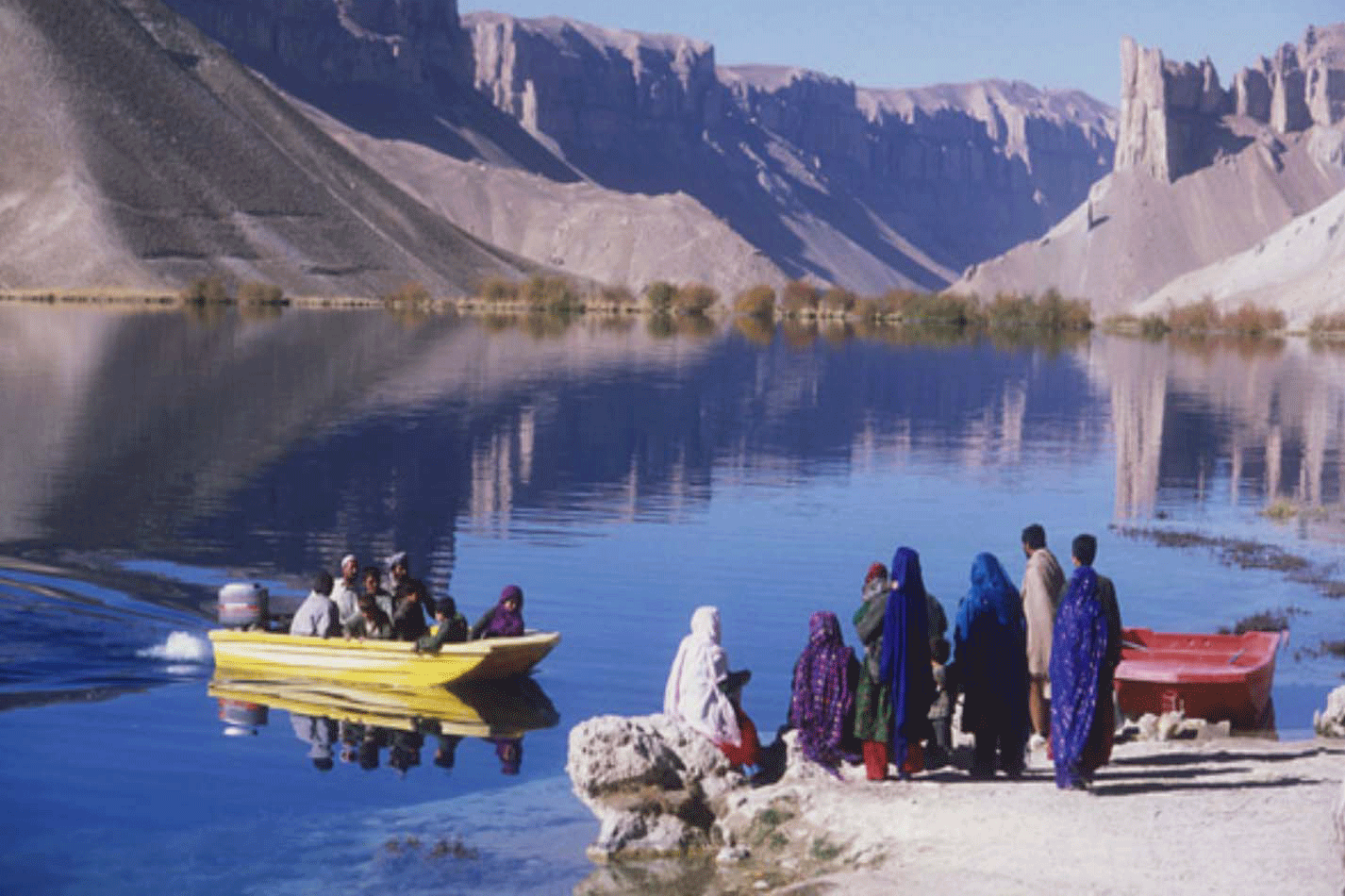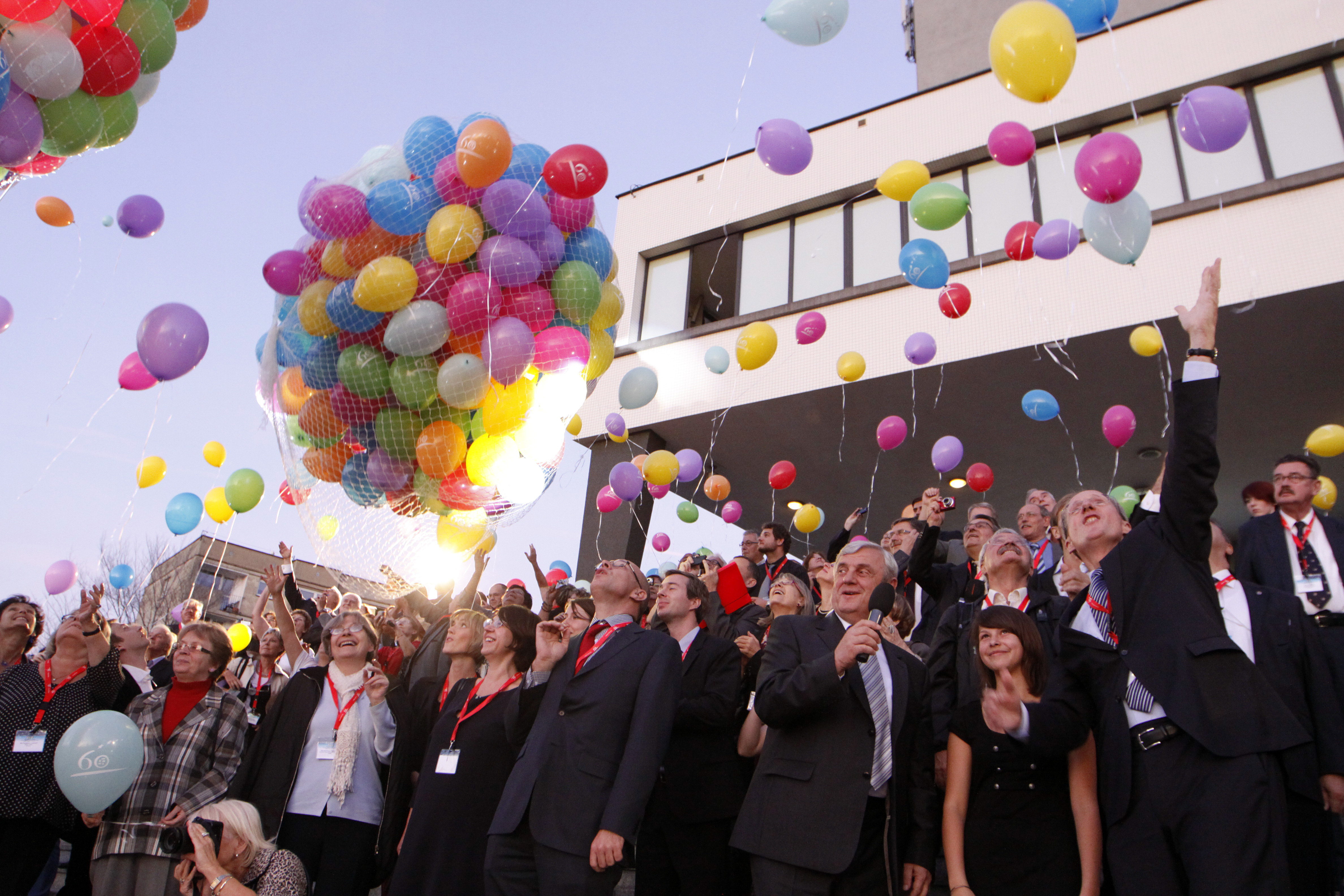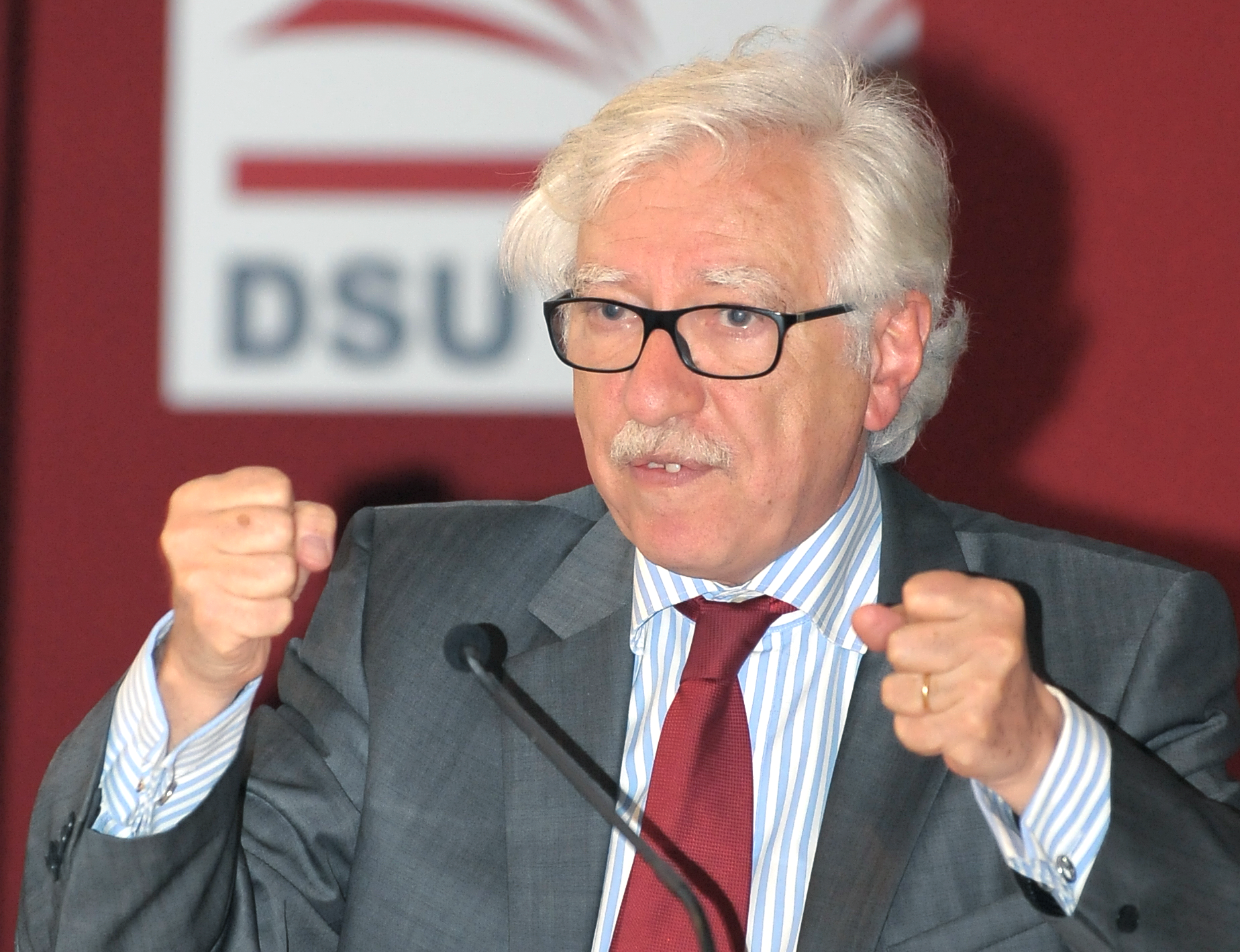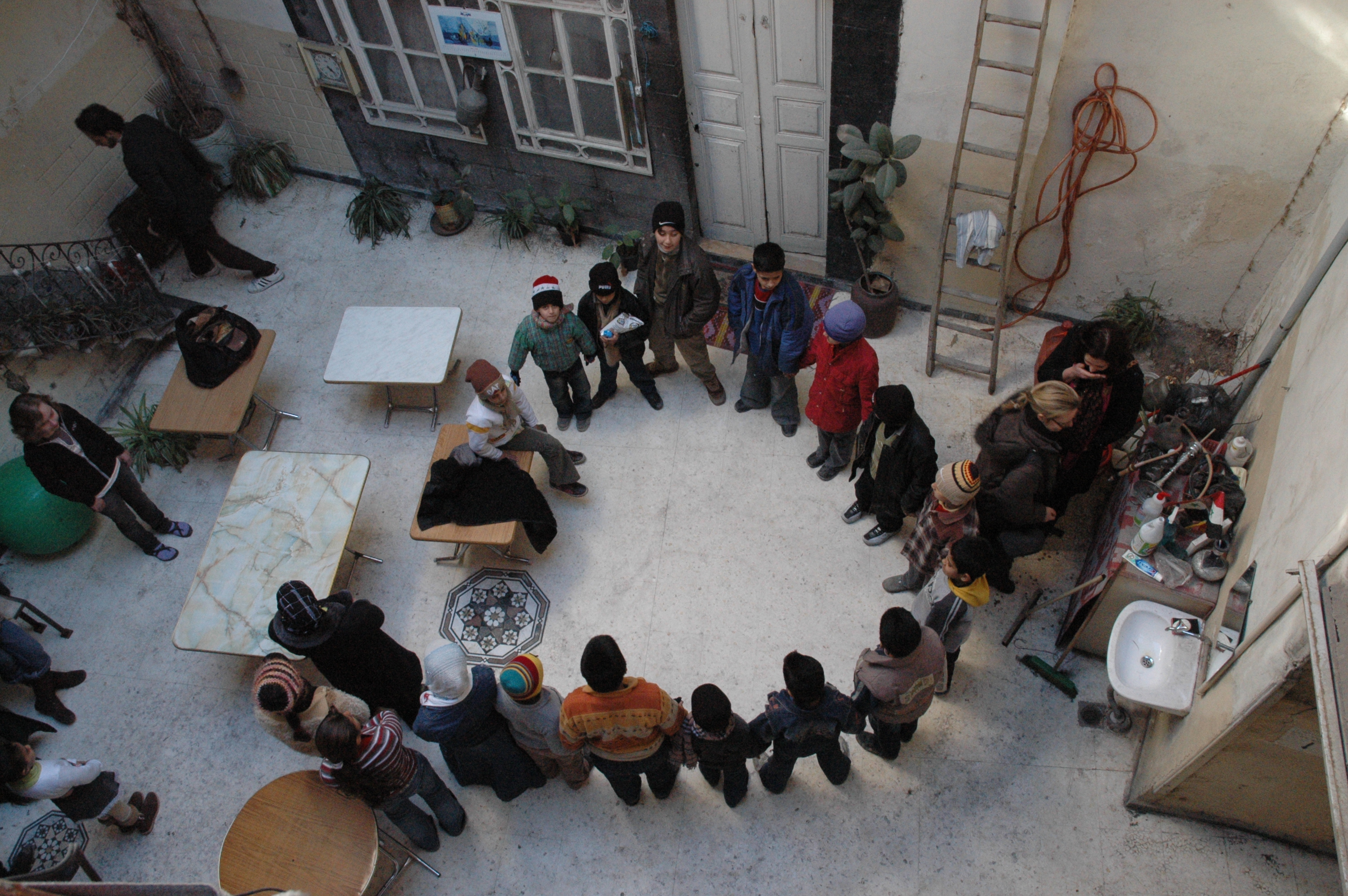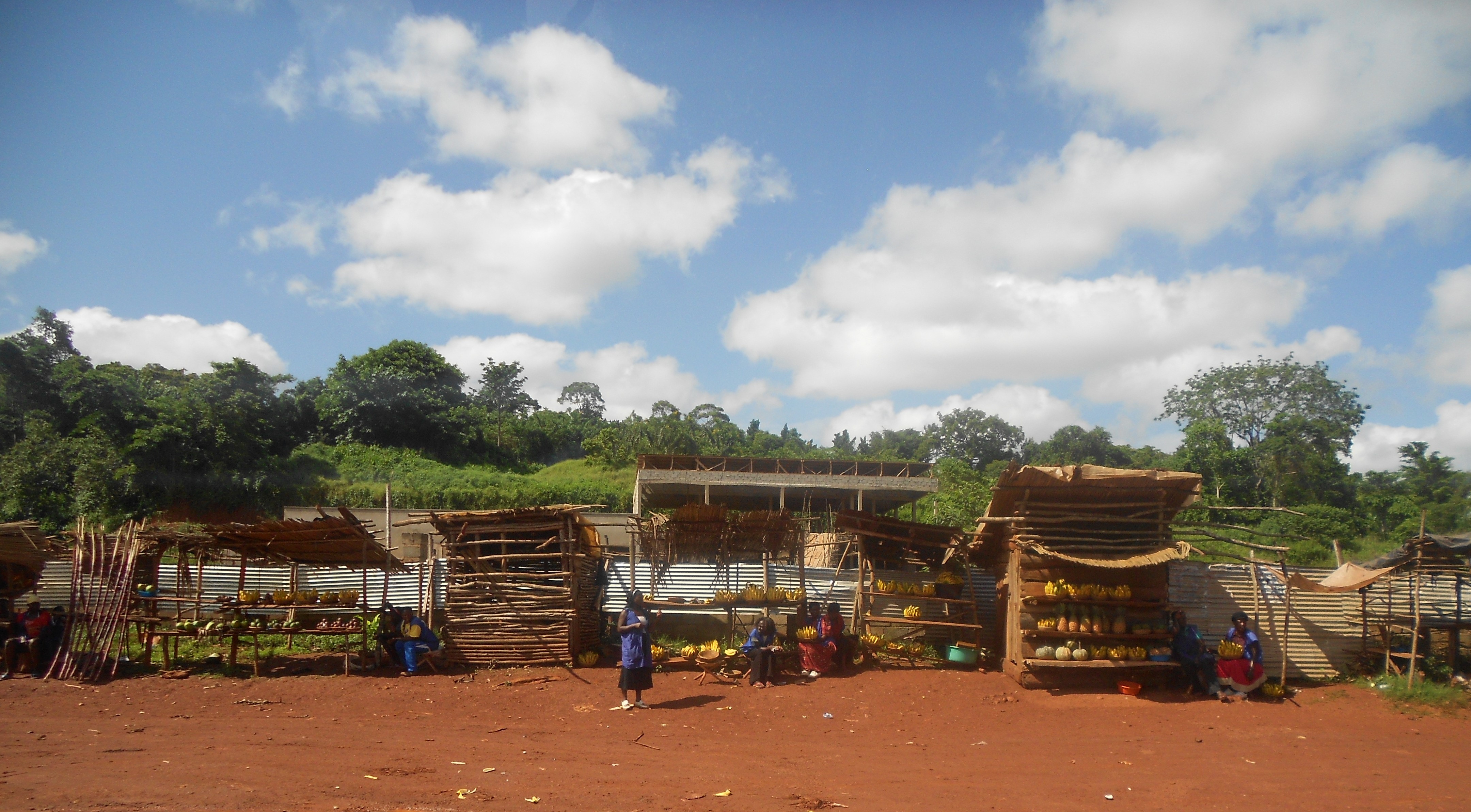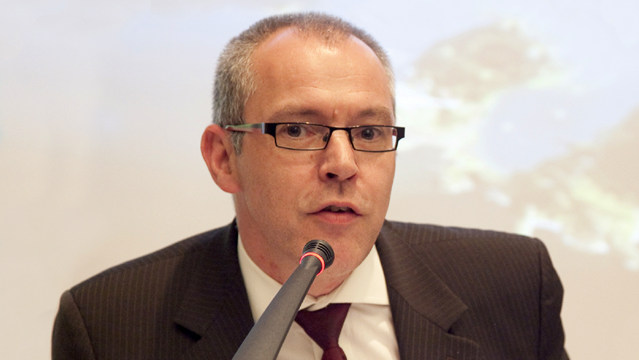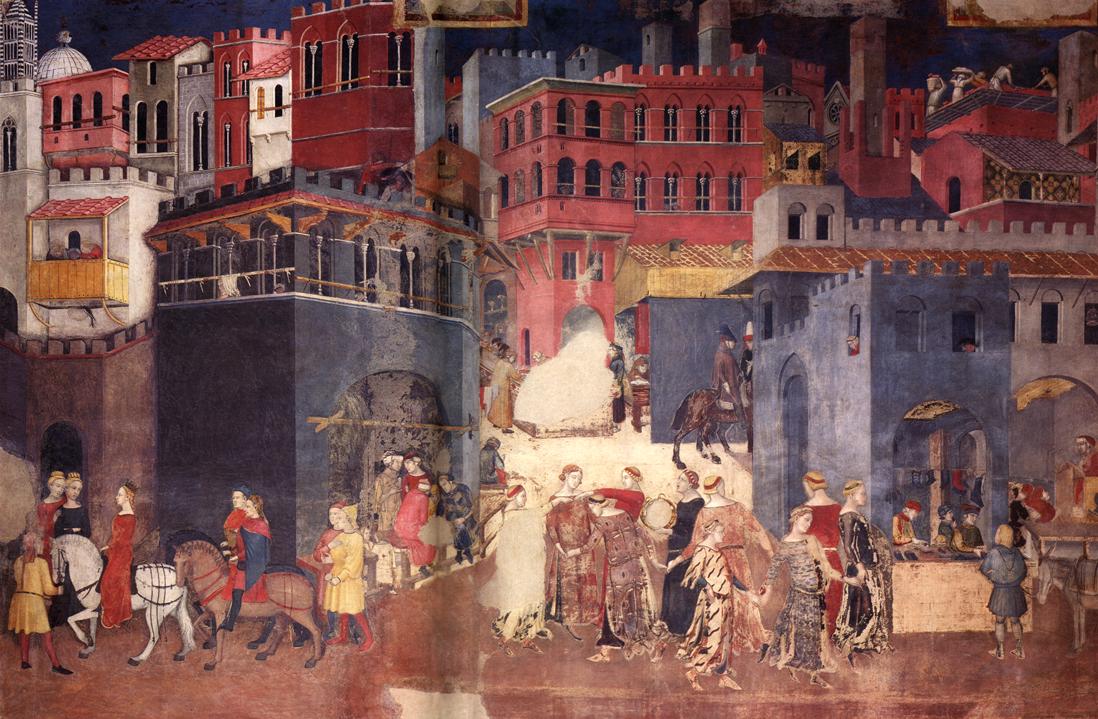Women Elected Representatives: The Fight for Equality
![Conférence-Paris-2[1]](https://www.international-advice.org/wp-content/uploads/2015/02/Conférence-Paris-211.jpg)
As soon as I arrived at CEMR, I was given responsibility over the Committee of Women Elected Representatives of local and regional authorities, which had been set up by a few remarkable women devoted to local and European politics. This was the start of the work that was to continue for many years until the launching of the European Charter for equality of women and men and its Observatory.
Today, CEMR is one of the most active European organisations in terms of advancing the equality of women and men and the fact that it is presided over by a woman, Anne-Marie Jorritsma , is an important symbol of this.
A few visionary women were behind the inception of the CEMR action that aimed to promote the equality of women and men in local life, beginning with their participation in politics. They were led by Fausta Giani Cecchini. Fausta was the Mayor of Pisa and later President of the Province. Involved in politics from a very young age, she had taken part in the struggle against fascism as a “partigiana” before becoming an impassioned European federalist working through the Italian Section of CEMR. She noticed right away that there were not many women at CEMR meetings. In 1983, she invited her women colleagues at local and regional level to Pisa for a European conference.
Other conferences followed – Antwerp in 1986 and Saint Jacques de Compostelle in 1988 – thanks in large part to the determination of the CEMR Secretary General at the time, Elisabeth Gateau, and the support of the European Commission. In 1991, the CEMR Standing Committee of women elected representatives of local and regional authorities was created.
In 1992, there was the Conference in Heidelberg. Elisabeth Gateau asked me to prepare the preliminary draft of the conference’s final declaration. The event was organised on the eve of the Maastricht Treaty, which was to recognise the principle of subsidiarity and set up the Committee of the Regions. The debates were very spirited, particularly between the “federalists” and the proponents of a Europe of States.
Heidelberg was where I first met many of the extraordinary women who were to play a pivotal role in CEMR’s movement of “elected women”: first, Fausta Giani Cecchini, then Beate Weber, the Mayor of Heidelberg, Doreen Fleming and Josephine Farrington , Antoinette Pecher , Italian friends Maria Teresa Coppo Gavazzi and Patrizia Dini, as well as many others who unfortunately cannot all be mentioned in this article.
Fausta Giani Cecchini, Doreen Fleming and I ended up sharing several unforgettable missions during the early 1990s in Central and Eastern Europe where we organised many training seminars on European programmes and the issue of equality. The first of these meetings was hosted in the Polish city of Cieszyn by its mayor, whose dedication to CEMR’s mission was marked by his deep European spirit: Jan Olbrycht.
In 1995, CEMR organised the Vth European Conference of Women Elected Representatives of Local and Regional Authorities in Dublin, which was attended by many women from Central and Eastern Europe for the first time. It was hugely fulfilling (and a huge effort too!) to assemble around 600 women elected members and representatives of local and regional authorities and institutions from 32 countries at the gorgeous Dublin Castle, where the ceremony was opened by the President of the Republic of Ireland, Mary Robinson, and then CEMR President, the former Mayor of Barcelona, Pasqual Maragall. The Conference’s success was also due to the support that we had managed to obtain from the European Commission (from several DGs and through different Community programmes), as attested to in the message delivered at the event by Commissioner Padraig Flynn.
It was at this Conference that Josephine Farrington proposed a resolution requiring that there be respect for equality within the Committee of the Regions, which had just been created. The CEMR committee would continue to defend this position in later years.
I have already mentioned some of the leading originators of CEMR’s undertaking in favour of equality and will be mentioning others. Two women in particular however played a crucial role: Fausta Deshormes and Françoise Gaspard.
Fausta Deshormes is sadly no longer with us. It is with her that I discovered the intricacies of the European Commission and the corridors of Berlaymont (where the Commission was based at the time) and was required to put together the first grant application files (in ECU!).
One day in 1996, I received a call from Françoise Gaspard , whom I had met in Dublin, who was convinced that the European network that had been launched by CEMR at the time could be a powerful tool for disseminating and exchanging information among women local and regional elected representatives in Europe. So that is how I found myself having to work quickly to put together a project with all the team hard at work, as was often the case at CEMR.
The project, which received EC support under the IV Community Action Programme for equal opportunities, was set up on a multi-annual basis (from 1996 to 2000), which was conducive to building up the network through the publication of a newsletter, the organisation of seminars on advocacy and raising awareness of equality issues prior to local elections as well as the release of a study on women’s participation in local politics in the European Union member countries.
It is during this period that I met other key players in CEMR’s efforts to achieve equality: Rosemary McKenna , Joan Taylor , Edite Estrela , all of whom successively took on the duties of Chair of the Committee of Women Elected Representatives after Fausta Giani Cecchini stepped down, and who continued her legacy of seeking to have the principle of gender equality applied within CEMR’s governing bodies.
Vicenta Bosch Palanca , who succeeded Edite Estrela as Committee Chair, expressed the demands of these women in the now famous phrase:

“We are half the Earth, we want half the sky and half the power!”
With these words, she managed to fire up an assembly of women from all over the world who attended the United Nations Beijing +5 Conference in New York in 2000. This unforgettable meeting, which was organised at the initiative of IULA and on whose behalf I coordinated the European contribution, represented the first major success for local authorities at the UN since we managed to obtain the insertion of a reference in the final declaration to the role of the local level in improving the status of women.
We then found ourselves in need of a concrete tool to support local authorities in this process. The first step was to come up with the virtual design of “the town for equality”, a publication compiling best practices capable of inspiring other towns to introduce policies for equality. Once again, this work was carried out as a European project and was helped along by a young trainee devoted to women’s rights who eventually became a trusty colleague: Guilherme!
The success of the publication proved that there was interest among cities in this new thematic, which is seen today as an issue central to the democratic debate. There was an idea I wanted to share with the Chair and the new Secretary General of CEMR (arrived in 2002), which could at first seem utopic, that would encourage municipalities to take on a political commitment to equality: the European Charter for the equality of women and men in local life.
Thus, the first step was taken on the extraordinary road leading up to CEMR’s Charter, which would never have seen the light of day without the European Commission’s financial support, which gave us the means to organise the endless meetings, seminars and conferences in different European countries necessary in order to come to an agreement on the specific content of the document.
The Charter also could not have been achieved without the active participation of CEMR’s national associations, its elected representatives and officers in charge of this issue, united in their enthusiasm, the strength of will and charisma of Vicenta, (and especially) the unconditional support and vibrant intellectual mind of Jeremy Smith. I have lost track of the number of evenings (after a workday devoted to other issues since equality was not always the priority in CEMR’s packed work programme!) and discussions (always lively and fascinating!) with Jeremy regarding the slightest detail and amendments to such and such article of the Charter!
Launched at the General Assembly in Innsbruck in 2006, the Charter immediately sparked wide interest. In 2008, at the conference celebrating 25 years of CEMR actions for equality, more than 500 signatories of the Charter gathered together in the magnificent Verdi Theatre in Pisa. We found ourselves in the enviable dilemma of having to deal with a success that exceeded our expectations as well as our means since many cities were requesting assistance to complete the application and evaluation process.
During this phase of consolidating the Charter, with the struggle for equality being enacted within CEMR’s governing bodies, two more women played a crucial role: Jocelyne Bougeard and Ewa Samuelson , who received strong backing from their respective national associations, the French Section and the Swedish Section of CEMR.
The Swedish Association of Local Authorities and in particular its Executive Director, Anders Knape, were instrumental in helping us to create in 2010, with the support of the Swedish Government, the Observatory of the Charter, which was designed to facilitate the transfer of experiences and best practice among the signatories and to allow for an evaluation of the Charter during a second phase. A German MEP, Franziska Brantner, expressed great interest in the Charter, which she considered to be a very innovative instrument, which led her to coming up with the evaluation project and the setting up of a system of indicators, both of which are currently being carried out by CEMR with the support of the European Commission and Parliament.
To date, more than 1,500 local and regional authorities have signed the Charter in Europe.
(I invite you to visite the website: www.charter-equality.eu).
Although it is probably immodest of me to say so, I feel somewhat proprietary regarding this CEMR action but I share any claims to it with the group of women (and a few men) from CEMR who believed for so long that this struggle was worth the fight. As always, the success of this huge undertaking was made possible through the support of generous colleagues at CEMR as well as the successive Secretary Generals with whom I had the great privilege of working: Elisabeth Gateau, Jeremy Smith and Frédéric Vallier, who never wavered in their commitment to this cause. And it goes without saying that the contribution of the elected representatives and officers from CEMR’s associations who took part (to varying extents) in this struggle was very important as well.
Alongside these colleagues and friends, I was able to forge an operating framework built on complicity and the sharing of human and professional values. This produced a working atmosphere that was very motivating, leading to results at European level and having a huge impact with regard to the rest of the world as well.
It is Anne Hidalgo who believed in CEMR’s Charter on equality and who promoted it from within the Paris City Hall when she was still Deputy to the Mayor, Bertrand Delanoë, and it is she who wanted to hold the Global Conference of Local Elected Women in Paris in 2013. The success of this Conference, organised by the City of Paris with UCLG and CEMR, made the question of equality a key issue on the world organisation’s agenda and resulted in the creation of UCLG’s Committee for equality.
From the beginning, first IULA and then UCLG took a stand in favour of equality, and this is due in large part to the efforts of my colleague and friend at the Barcelona Secretariat, Emilia Saiz. However, as was the case at CEMR, this commitment represented a principle that was difficult to turn into reality owing to a lack of financial and human resources.
Today, the time is ripe for equality to be addressed as a work theme in its own right and for our organisations to commit themselves to this de facto.
UCLG’s statutes, like CEMR’s, now espouse the principle of quotas to increase women’s representation on its decision-making bodies. Several texts and programmes of the European Union and of other international organisations have made the status of women a core part of their development policies and have established gender equality, particularly in decision-making, as a fundamental principle of good governance.
CEMR’s European Charter for the equality of women and men in local life is a unique tool that can be used as a source of inspiration for projects and actions in other parts of the world.
For more than 20 years, I have been actively involved and have worked for the equality of women and men in Europe; I wish to continue working for this cause because I feel that fighting for the rights of women is a way of fighting for those who are weakest and of contributing to justice, development and democracy in the world.
(1) Anne-Marie Jorritsma, Mayor of Almere and President of VNG, the association of Dutch municipalities, has been President of CEMR since December 2014.
(2) Fausta Giani Cecchini was Chair of the CEMR Committee of Women Elected Representatives of Local and Regional Authorities from 1991 (year when it was created) to 1995.
(3) Doreen Fleming and Josephine Farrington were respectively members of the conservative party and the labour party in the UK and, in spite of their different political affiliations, were wholly united when it came to fighting for the cause of women and local democracy.
(4) Municipal Councillor of Antwerp, Antoinette Pecher offered to host the second European conference in her city. She has been very involved in CEMR’s Committee throughout the years.
(5) Jan Olbrycht, Mayor of Cieszyn (Poland) from 1990 to 1998, a staunch supporter of the cause of local democracy as well as European construction, was elected to the European Parliament in 2004 and is today one of its Vice-Chairs. He was Vice President of CEMR from 1995 to 2001.
(6) Fausta Deshormes, who joined the European Commission back when there were only the original six members, was responsible for introducing one of the first policies in favour of women and, in 1977, created the newsletter “Femmes d’Europe” (Women of Europe). She was the head of the Information Unit for Women and was made an Honorary Director of the Commission in 1992. She was a loyal supporter of CEMR’s mission to promote equality from the start and I was honoured to have her friendship and to have worked alongside her up until she passed away in February 2013.
(7) Francoise Gaspard, Socialist Mayor of Dreux (France) from 1977 to 1983, was a member of the French Parliament from 1981 to 1988 and later an MEP. She was also a member of the European Commission’s network “Women in Decision-Making” and represented France on the UN’s Commission on the Status of Women and later served as an expert for the United Nations CEDAW Committee. These are the essential milestones of a life dedicated to fighting for equal opportunities between men and women. She was there at the first conference held in Pisa in 1983. We owe her a lot, both CEMR and especially me since I benefitted from her constant support and her precious friendship.
(8) Rosemary McKenna, Local Councillor for the District of Cumbernauld and Kilsyth (Scotland) from 1974 to 1994, became a Member of the British Parliament (in1997) and then of the Scottish Parliament. She was Chair of CEMR’s Committee of women elected representatives from 1995 to 1997.
(9) Joan Taylor, Councillor of Nottinghamshire County, was Chair of CEMR’s Committee of women elected representatives from 1997 to 1999.
(10) Edite Estrela, Mayor of Sintra (Portugal), was Chair of CEMR’s Committee of women elected representatives from 1999 to 2002. She was a Member of the European Parliament from 2004 to 2014.
(11) Vicenta Bosch Palanca, Mayor of Bonrepos i Mirambell, was Chair of CEMR’s Committee of women elected representatives from 2002 to 2008.
(12) Jocelyne Bougeard, Deputy Mayor of the City of Rennes (France) was Chair of CEMR’s Committee of women elected representatives from 2008 to 2012.
(13) Ewa Samuelson, Deputy Mayor of Stockholm, has been the Chair of CEMR’s Committee of women elected representatives since 2012.




 All news
All news
